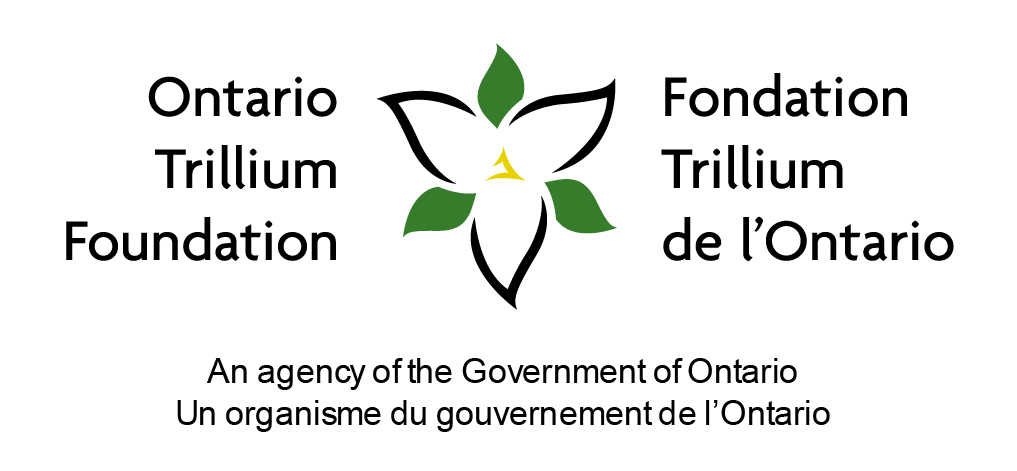Living with spina bifida and/or hydrocephalus means navigating physical challenges that demand unique solutions for relaxation. Tailored relaxation approaches are essential for promoting well-being and managing stress effectively. Here are some on adapted relaxation techniques. Adjust as needed to fit your ability and needs.
Adaptive Relaxation Techniques:
Gentle Stretching Exercises: Adapted stretching routines can be customized to accommodate your specific physical limitations. Focus on gentle movements that target areas of tension or discomfort, gradually increasing flexibility and promoting circulation. These exercises not only alleviate muscle stiffness but also enhance mobility and comfort.
Guided Imagery Sessions: Immerse yourself in guided imagery sessions tailored to your needs and preferences. Visualization techniques can transport you to peaceful and serene environments, offering a mental escape from the challenges of everyday life. Whether it’s picturing yourself in a tranquil forest or by a calming beach, guided imagery can induce a state of deep relaxation and tranquility.
Breathing Exercises: Explore adapted breathing exercises designed to promote relaxation and reduce stress. Practice diaphragmatic breathing, where you focus on deep, slow breaths that fully expand your abdomen. This technique helps activate the body’s relaxation response, calming the mind and alleviating tension throughout the body.
Progressive Muscle Relaxation: Incorporate progressive muscle relaxation into your routine to systematically release tension from head to toe. Start by tensing and then relaxing each muscle group, focusing on the sensations of tension melting away as you exhale. This method promotes body awareness and deep relaxation, making it an effective tool for managing stress and promoting better sleep.
Mindful Movement Practices: Engage in mindful movement practices such as Tai Chi or Qigong, which emphasize slow, deliberate movements coordinated with deep breathing. These gentle exercises improve balance, flexibility, and mental focus while fostering a sense of inner calm and tranquility. Adapt these practices to your abilities, modifying movements as needed to suit your comfort level.
Hydrotherapy: Take advantage of the therapeutic benefits of water by incorporating hydrotherapy into your relaxation routine. Gentle swimming, water aerobics, or soaking in a warm bath can alleviate muscle tension, soothe joint discomfort, and promote overall relaxation. The buoyancy of water reduces the impact on joints, making it an ideal option for individuals with physical limitations.
Adapted yoga can be a beneficial practice for promoting brain health, particularly for individuals living with conditions such as spina bifida and/or hydrocephalus. Here’s how adapted yoga can support brain health:
The Benefits of Yoga for Brain Health
Stress Reduction: Yoga, with its focus on breath awareness, gentle movement, and mindfulness, can help reduce stress levels. Chronic stress can have detrimental effects on brain health, including impaired cognitive function and increased risk of neurological conditions. By practicing adapted yoga regularly, individuals can lower stress hormone levels, promote relaxation, and support overall brain health.
Improved Circulation: Many yoga poses and movements are designed to increase blood flow throughout the body, including to the brain. Enhanced circulation delivers oxygen and nutrients to brain cells, supporting optimal brain function and cognitive performance. Adapted yoga sequences that incorporate gentle movements and mindful breathing can improve circulation and enhance brain health.
Enhanced Cognitive Function: Research suggests that yoga practice may improve cognitive function, including memory, attention, and executive function. Adapted yoga sequences that stimulate different brain regions through mindful movement, coordination, and balance can help maintain cognitive abilities and promote neuroplasticity, the brain’s ability to adapt and change over time.
Emotional Regulation: Yoga promotes emotional regulation by fostering a sense of calm and balance in the nervous system. For individuals with spina bifida and/or hydrocephalus, who may experience emotional challenges due to their conditions, adapted yoga can provide a safe and supportive space to manage emotions and promote emotional well-being. By cultivating mindfulness and self-awareness through yoga practice, individuals can develop healthier coping strategies and improve emotional resilience.
Balance and Coordination: Adapted yoga poses that focus on balance and coordination can help improve proprioception (awareness of body position) and spatial awareness. These skills are important for everyday activities and can contribute to overall brain health. By practicing adapted yoga poses that challenge balance and coordination, individuals can enhance brain-body connections and support neurological function.
Incorporating adapted yoga into a regular wellness routine can be a valuable strategy for supporting brain health in individuals with spina bifida and/or hydrocephalus. Whether practicing gentle stretches, mindful breathing exercises, or modified yoga poses, adapting yoga to suit individual needs can promote overall well-being and enhance brain health over time.






